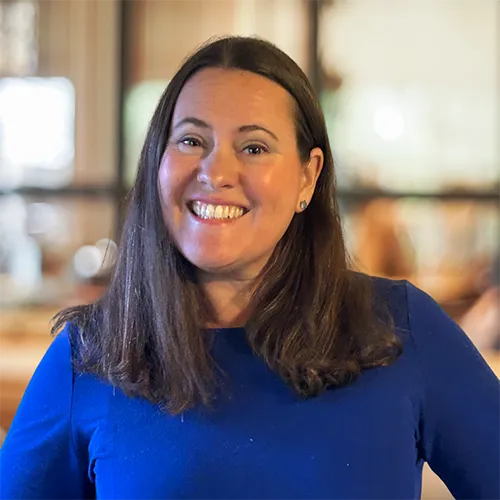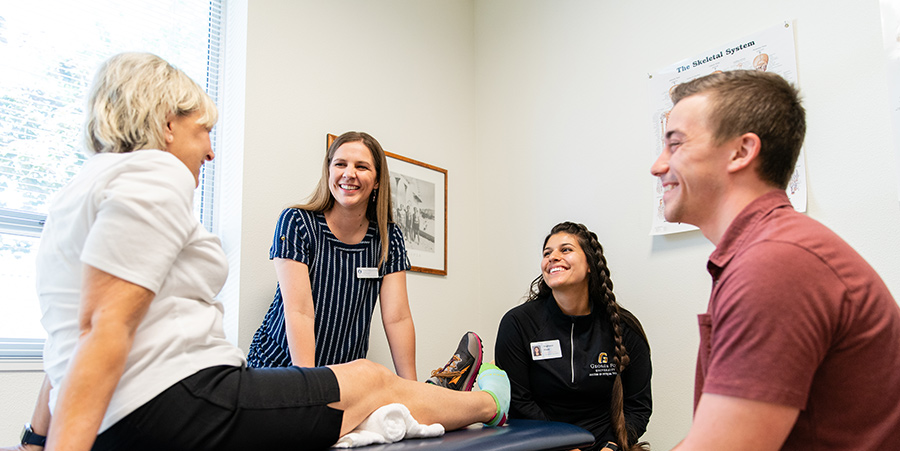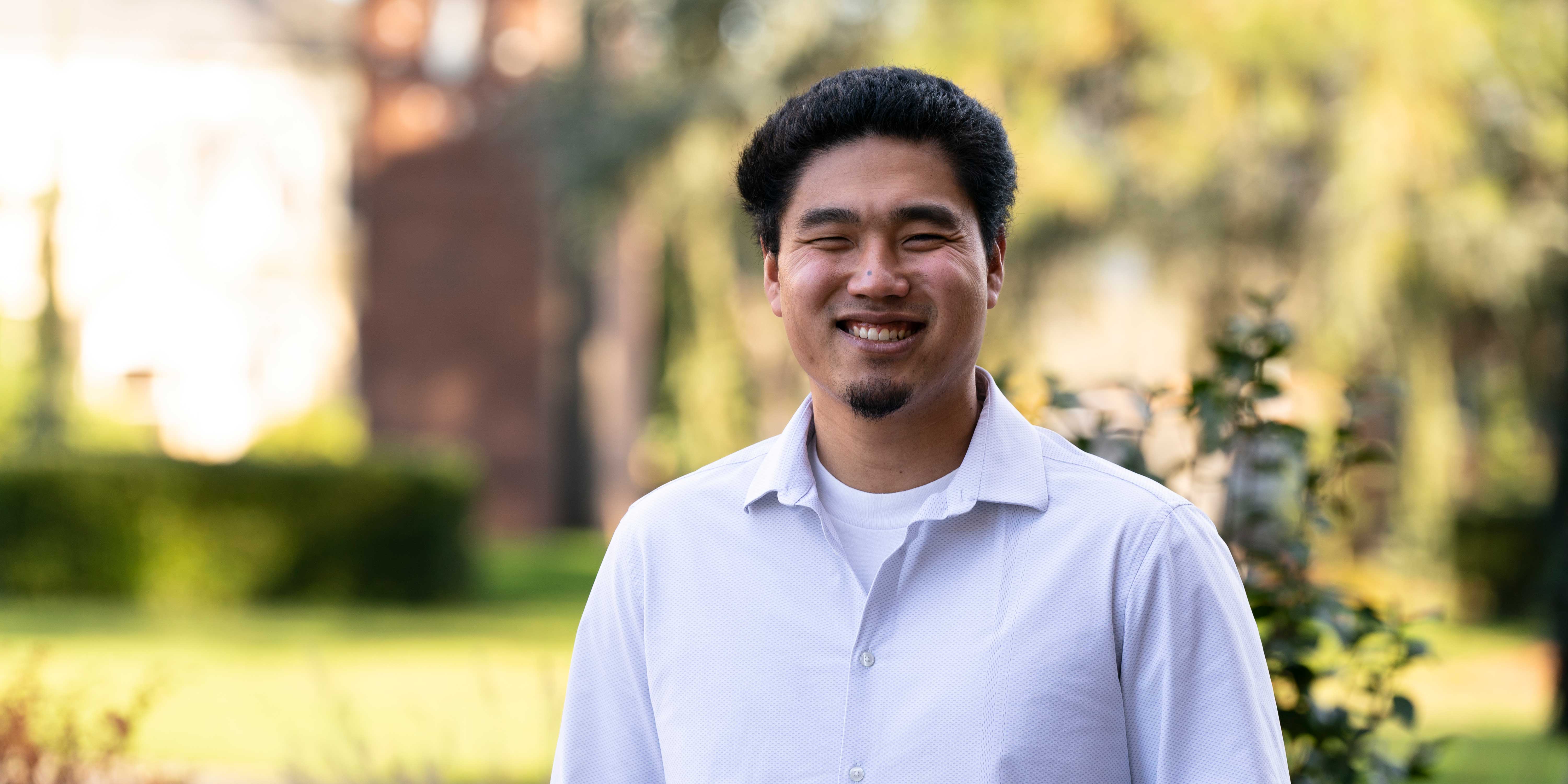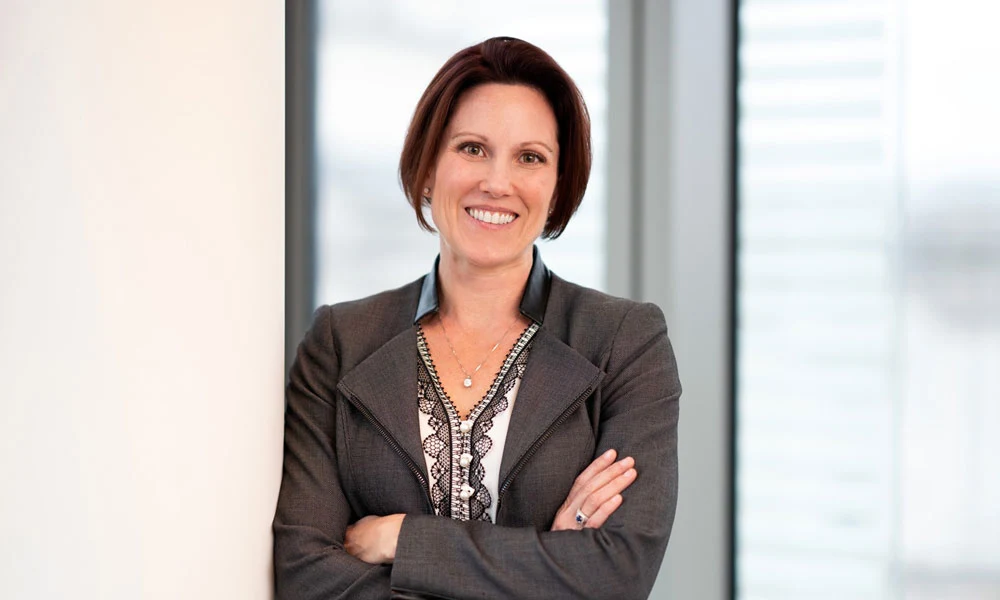
The Enduring Power of Community
by Jaime Handley
Rachel Karat’s journey from India to Oregon opens up an opportunity to expand her horizons and explore the practice of psychology from a new lens
When third-year PsyD student Rachel Karat accepted the invitation to be part of George Fox’s Doctor of Psychology program, she also said yes to an 8,000-mile journey from her home in India to the Pacific Northwest, sight unseen.
It wasn’t the first time she took a leap of faith. As a teenager, she attended high school at Bishop Cotton Girls’ School in Bengaluru, India, while her parents worked abroad. Knowing this was the best educational path for her long-term success, Rachel chose to live away from her family at the all-girls boarding school.
“It was like a sleepover every day with your best friends. They are a part of my core support system to this day. It’s an unimaginable bond,” she says.
It was in this environment that Rachel developed an understanding of the power of listening.
“We would try to support the younger girls, and the older girls would do the same for us. One day, I was talking to a friend of mine who struggled with being away from her family. After we spoke, she told me she felt better.”
When Rachel shared the experience with her father, he advised her to consider exploring the field of psychology, so she did.
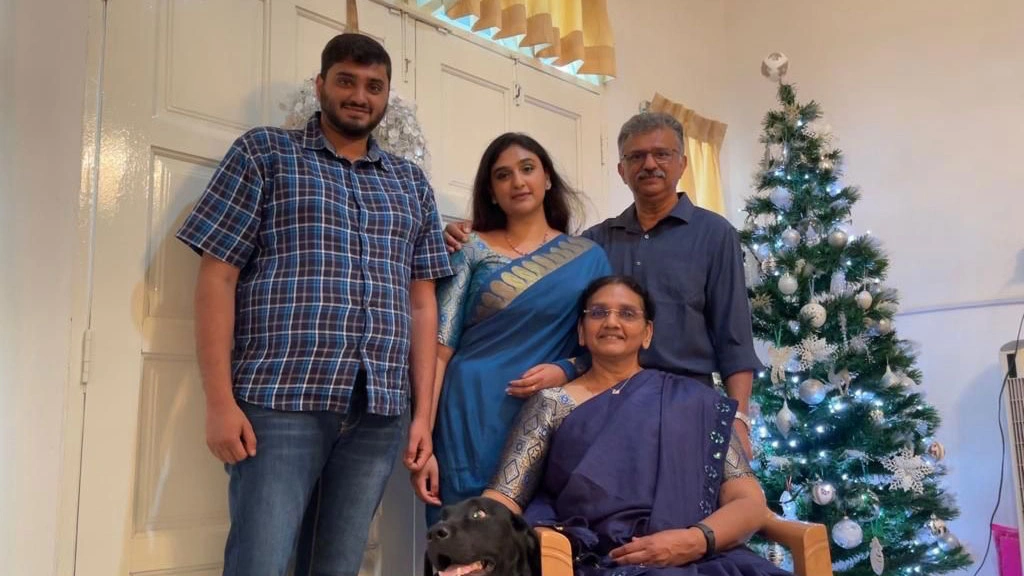
Called and Equipped
The educational system in India requires students to choose a field of interest for their 11th- and 12th-grade years, and Rachel chose the sciences. She pursued a bachelor’s degree in psychology, sociology, and literature, followed by a master’s degree in clinical psychology.
With a desire to expand her training, she began exploring doctoral programs in 2019. But when COVID struck in March of 2020, she found herself pivoting as she, along with the rest of the world, learned to navigate a new normal.
During the pandemic, she partnered with Beautiful Minds, an organization in India that aims to create access to mental health services, working alongside children with developmental and intellectual disabilities. As a program development manager, Rachel helped Beautiful Minds transition online to create programs that kept kids engaged and worked with families to provide children with the help they needed.
“When the pandemic started in India, we didn’t have many resources,” she reflects. “Our pivot involved making new resources. COVID-19 impacted social interactions for kids, so we organized group activities and social events online. Despite the difficulties, they had the time of their lives!”
As the pandemic eased, Rachel began applying to doctoral programs. Just as she was ready to settle into a new role with another mental health provider in India, she was invited to attend George Fox, and her faith helped her trust in the timing and take the leap.
With only five months to transition to Oregon, Rachel credits the love and support she received from friends and family in India with giving her the wings to go.
“When you’re surrounded by amazing people who encourage you, fill you with hope, let you go with love, and believe you can do hard things, you believe it too. That’s what got me through.”
Rachel also recognizes God’s care throughout her journey.
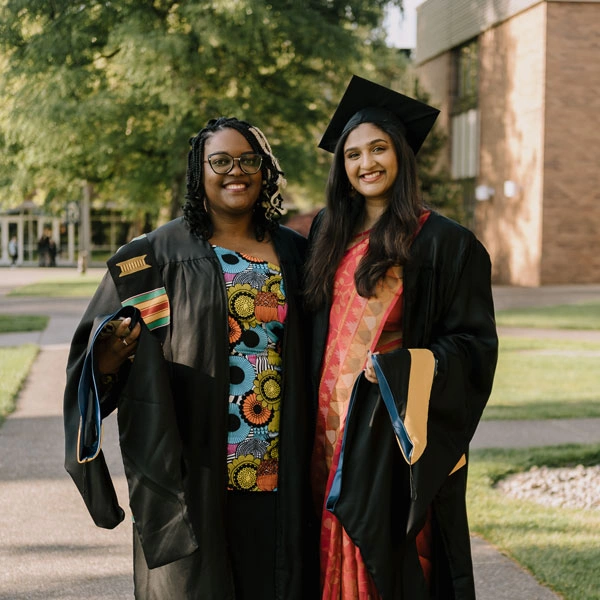
“It was all God’s plan. God has truly been instrumental in my life because I’ve been surrounded by people I love. Even though it was hard, I was able to leave home because I had such a strong support system.”
And Rachel was ecstatic to find a new community of support waiting for her at George Fox.
“I don’t know how I would have gotten through the first couple of years without my Fox community, especially my three cohort mates with whom I live,” she says of her experience. “You’re not just interacting with your year, you’re also interacting with upper-level students and the years below you. When you find the right people to surround yourself with, it creates a beautiful support system that helps you keep going.”
Filling the Gap
As an intercultural student who understands the importance of community and the challenge of pursuing an education far from home, Rachel joined the admissions team, helping set up student interview days.
“Being an international student, I found that my interview experience was very different compared to students who interviewed in person,” she says.
As it was important to Rachel that students interviewing virtually have as rich an opportunity to experience Fox as those interviewing in person, Rachel helped set up a virtual day for prospective students.
This coming year, Rachel will provide additional student support in her new role as the Diversity Chair of the student council.
“Leaving behind everything you know and are familiar with to start from scratch is a challenging experience. It’s important to me that any international student who comes into our program feels supported and knows that they are not alone in this journey.”
Faith Formation Through Clinical Care
Just as she experiences the love of God through her community, Rachel recognizes the unique ways that faith informs each of her clients’ journeys. “Faith is so personal and different for each individual. My time at George Fox has helped me realize that faith doesn’t look the same for each person.”
As a student at Fox, Rachel has also been encouraged to explore her internal well-being with bravery and honesty. Meeting with a spiritual director as part of her training has helped her process not only her walk with God but also how to best walk with her clients.
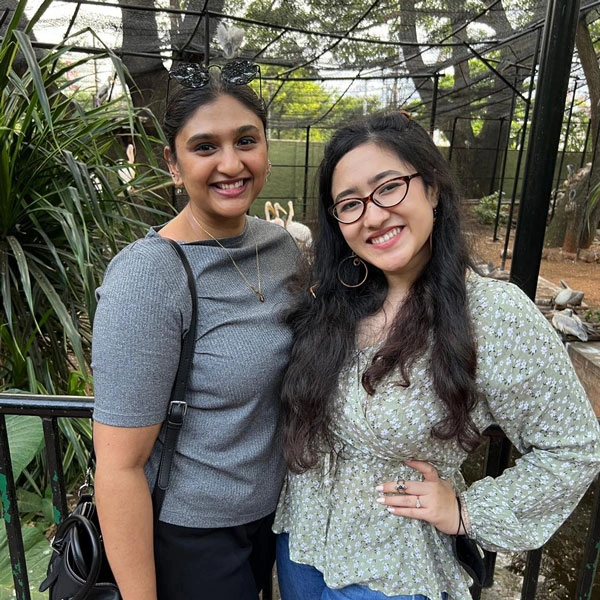
“Having these discussions around spirituality and faith allows me to see things from different lenses and keep an open mind toward my clients and myself as I learn to integrate faith into my practice,” she says.
Faith integration enables Rachel to view each of her clients as a whole person and create space for their faith traditions with sensitivity and respect, helping her develop tools to move them through anxiety and trauma.
“It makes me so happy to see my patients progressing, even a little bit. It’s a process that I love. I always remind them that if one thing doesn’t work, we can always try again. There’s never a dead end. You always have options, and we can work on it together.”
Reminding them that they aren’t alone is one of the ways Rachel creates hope for her patients. “We create an environment for them that is safe enough to explore the difficulties they are going through.”
She finds this especially important when working with teens who are navigating how to move through making mistakes.
“I never want anyone to feel like they are out of options, like it’s a lost cause. No matter how hard things get, there’s always an option. There are always things we can do. And I’m willing to sit and explore those options with them.”
Hope for the Future
As a cross-cultural practitioner, Rachel recognizes the need for further research on how diverse cultural perspectives can inform and shape mental health practices.
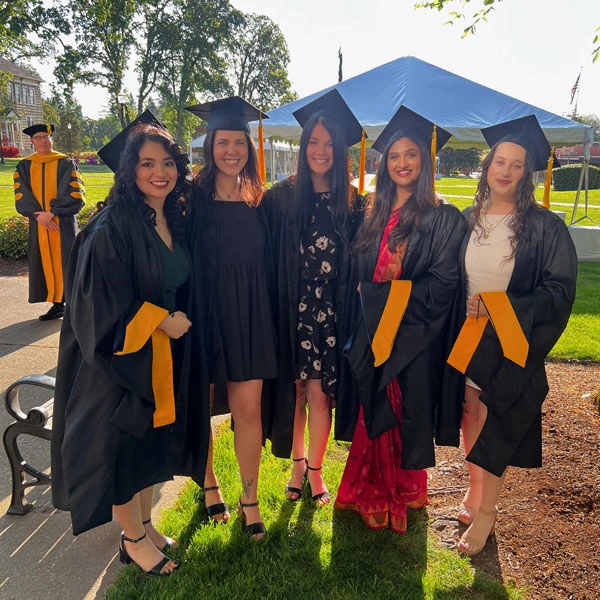
“Mental health is prevalent in every community and culture, but it shows up uniquely in each one. To be successful practitioners or effective psychologists in this field, we need to be prepared and open to working with diverse perspectives. We need to bring in more voices.”
Rachel hopes that a diversity of voices in the field will help practitioners receive their patients with compassion, care for them with sensitivity, and support them with practical tools for their unique journey.
As Rachel has learned through her diverse experiences, every community thrives when they have spaces of understanding to navigate life’s challenges.
“My hope is that all of us in the field of psychology would have an approach of gentleness and grace for people. Because ultimately, that’s what people need most.”
